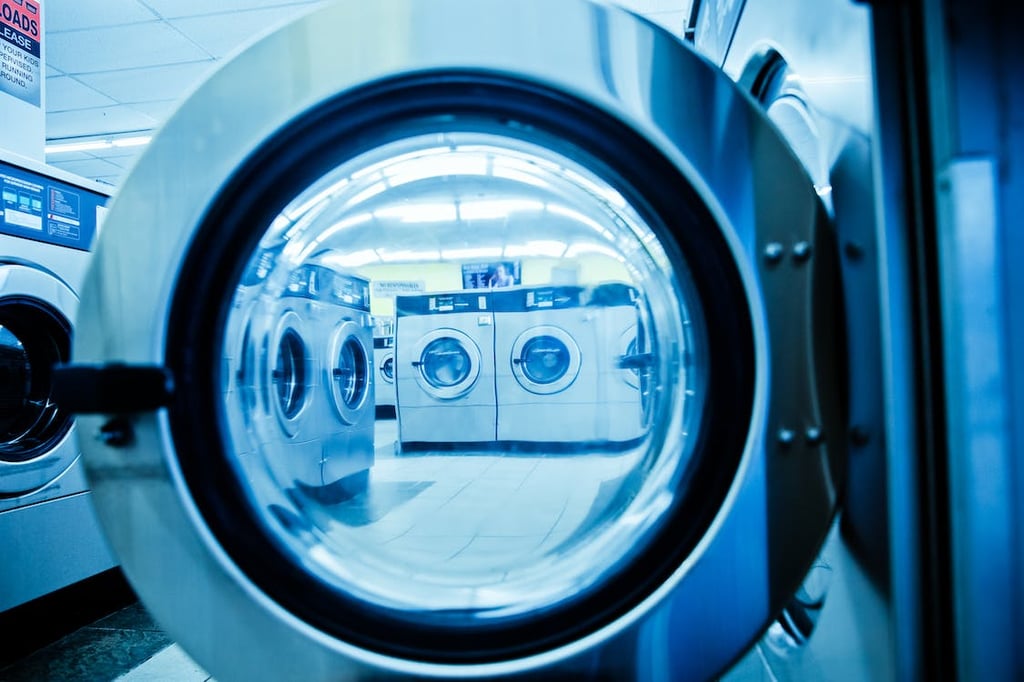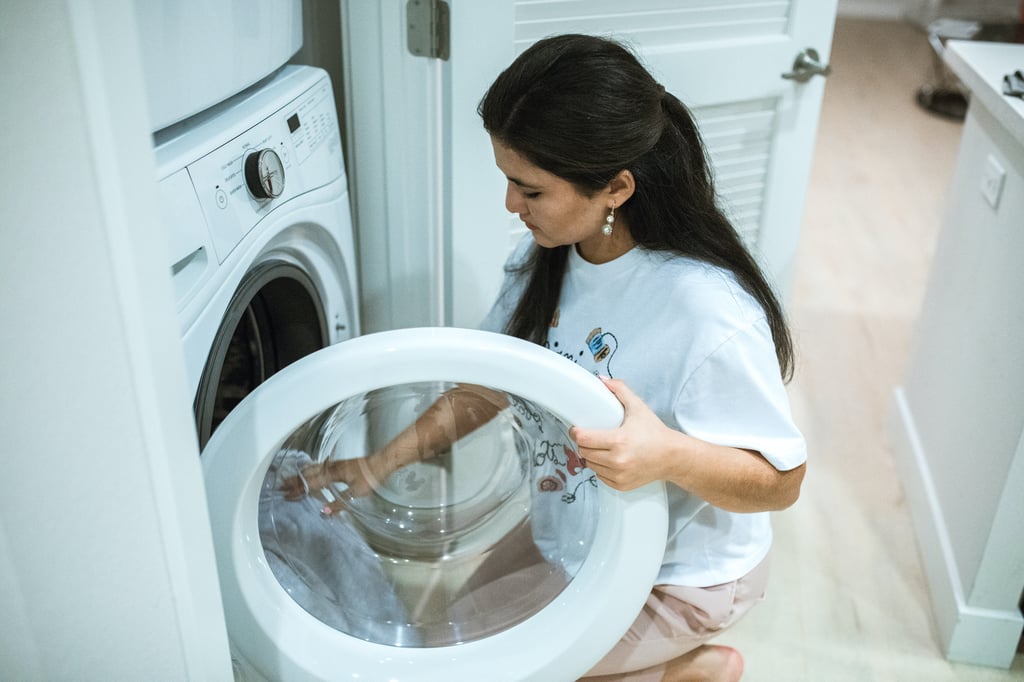How Cold Weather Can Impact the Performance of Washing Machines
Cold weather can have various effects on household appliances, and washing machines are no exception. As temperatures drop, it's important to understand how your washing machine may be affected and take necessary precautions to prevent any potential damage or performance issues. This article explores the impact of cold weather on washing machines and offers tips to keep them running smoothly throughout the winter months.
1. Freezing Temperatures and Water Supply Lines
One of the primary concerns with cold weather and washing machines is the potential for freezing temperatures to affect the water supply lines. When water freezes, it expands, which can lead to burst pipes or damaged hoses. This can result in leaks or complete water supply failure, rendering your washing machine inoperable. To prevent this, it's crucial to insulate your water supply lines and hoses properly. Use foam pipe insulation or heat tape to protect the pipes from freezing temperatures.
2. Impact on Detergent Performance
Cold weather can also impact the performance of detergents used in washing machines. Some detergents are specifically designed for use in cold water, but extreme cold temperatures can still affect their efficiency. In colder climates, the water entering the washing machine may be significantly colder than the recommended temperature for optimal detergent performance. This can result in less effective cleaning and stain removal. To counteract this, consider using detergents specifically formulated for cold water washing or pre-dissolving powdered detergents in warm water before adding them to the machine.
3. Longer Wash Cycles
In colder weather, washing machines may take longer to complete their wash cycles. This is because the colder water entering the machine takes longer to heat up, and the machine may need to run additional heating cycles to maintain the desired water temperature. This extended wash time can be inconvenient, especially if you're used to quick cycles. To mitigate this issue, you can try using warmer water or adjusting the temperature settings on your machine to compensate for the colder water entering the system.
4. Potential for Freezing of Internal Components
Extreme cold temperatures can also pose a risk of freezing internal components within the washing machine itself. If the temperature drops low enough, water trapped in various parts of the machine, such as the pump or valves, can freeze and cause damage. Regular maintenance, such as ensuring proper drainage and leaving the door open after use to allow for air circulation, can help minimize the risk of freezing. Additionally, if you live in an area with extremely cold winters, consider installing a washing machine with a built-in heater to prevent freezing of internal components.
5. Impact on Energy Efficiency
Cold weather can impact the energy efficiency of washing machines, leading to higher energy consumption and increased utility bills. As the ambient temperature decreases, the machine may require more energy to heat the water to the desired temperature. To improve energy efficiency, you can opt for shorter wash cycles, use cold water when applicable, and ensure that the machine is properly insulated to retain heat. Regular maintenance, such as cleaning the lint filter and checking for any blockages, can also help improve efficiency and reduce energy consumption.
Relative Articles
-
Washing Machine Hacks: No More Tangled Clothes
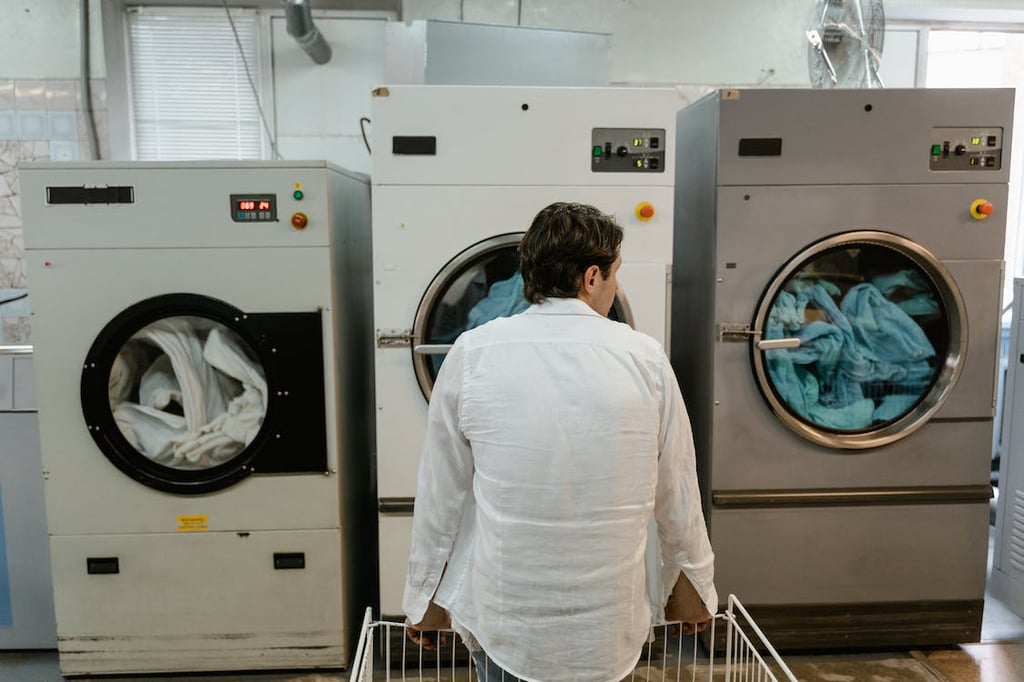
-
How to Clean a GE Deep Fill Washing Machine
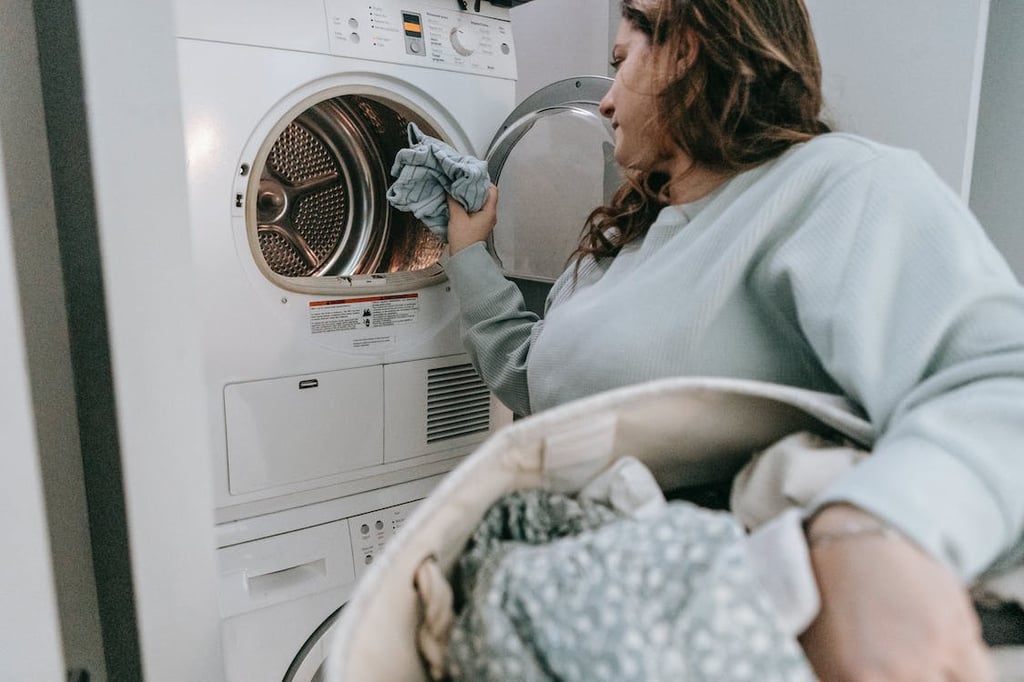
-
How to Clean a Public Washing Machine Before Use
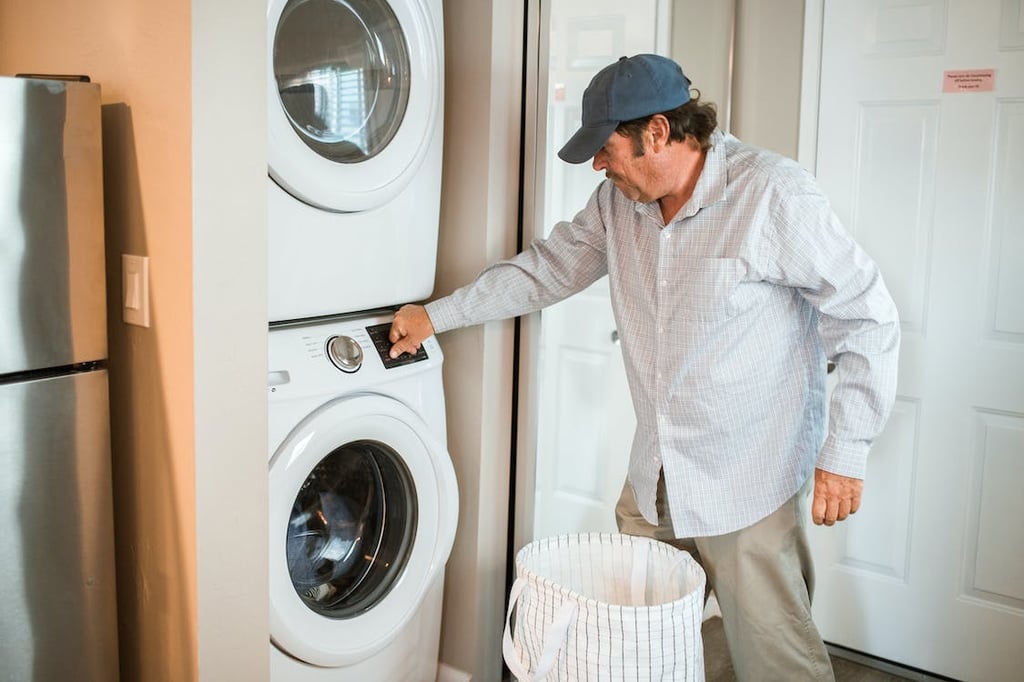
-
What is the Drum of a Washing Machine?

-
How to Keep Washing Machine from Freezing in Garage

-
How to Run Washing Machine Drain Outside
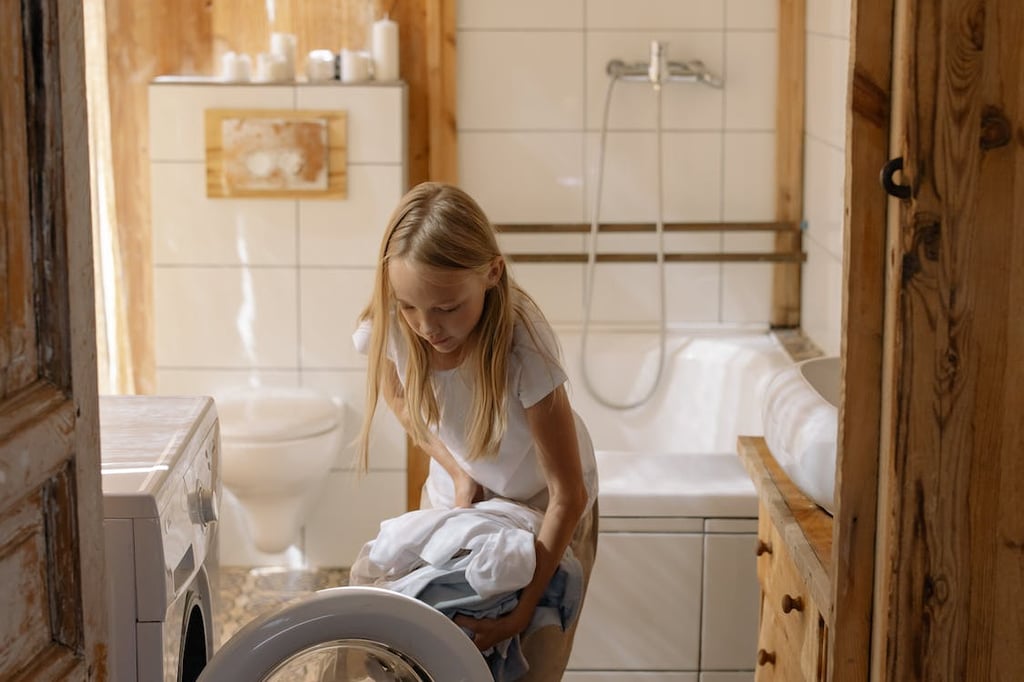
-
How Many Amps Do Washing Machines Use?
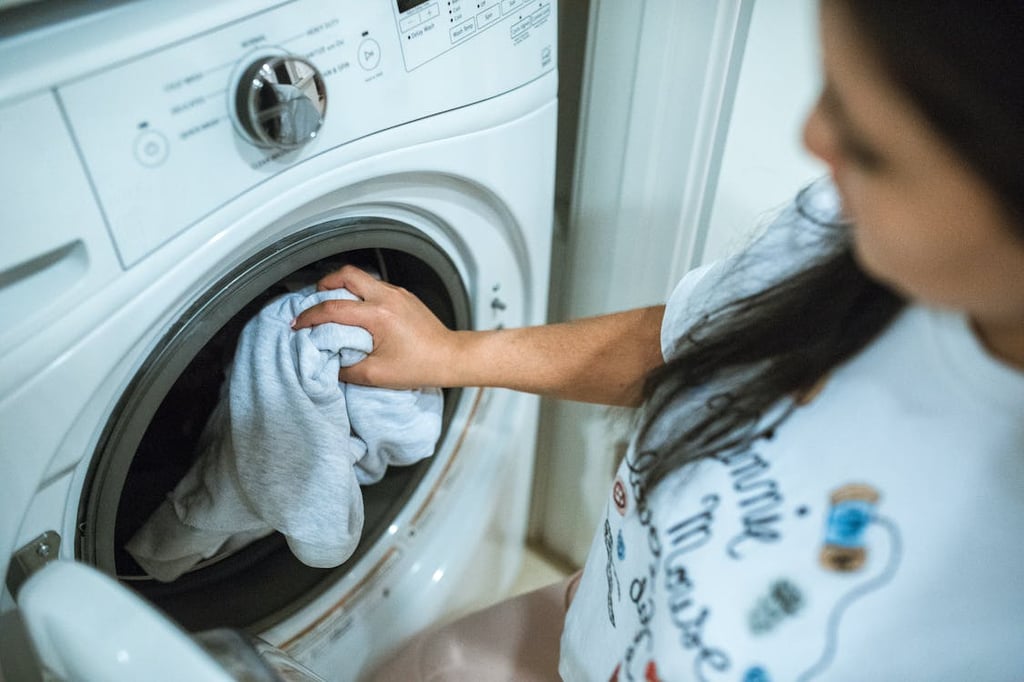
-
How to Tell If Your Washing Machine Control Board Is Bad


